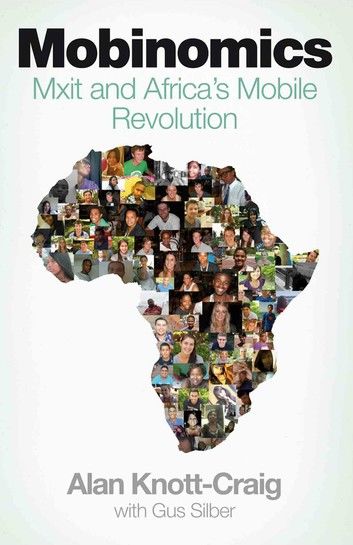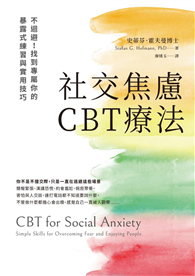In these crisscrossing threads are woven the fabric of a community, a society, an economy, a nation. And beyond that, the world itself. But the technology isn't the dream. The dream is what you can do with it.' Three revolutions changed the face of South Africa, the economic powerhouse of the African continent, in 1994. The first was democracy, as millions of newly-enfranchised citizens went to the polls to elect a new government. The second was the internet, bringing information, learning and entertainment into millions of homes. But the real signal of change in the air was the arrival of an electronic device that would put undreamed-of power into the hands of the people. The cellular phone. In a country where less than four per cent of the population had access to a landline phone, mobile telephony opened the gateway to new ways and new worlds of communication. Today, more than 90 per cent of South Africans own at least one mobile phone, and they're not just using them to talk to each other. Mobiles have become tools of education, entrepreneurship, trade, empowerment, activism, media and upliftment. With the advent of the mobile internet, mobiles have also become the hubs of the most powerful force in modern communication. The social network, bringing people together in an interchange of ideas, opinions, chatter and commerce that is changing the way we understand and define communities. This is the story of the biggest and fastest-growing social network in Africa. A network that took shape in the townships of the Western Cape and has grown to be part of the lives of more than 50 million users in 120 countries, sending more than 23 billion messages a month. This is the story of Mxit. A cultural force, a community of millions, with its own economy, its own infrastructure, its own language and its own traditions. This is the story of Mobinomics, the new economy of mobile, and how it is connecting people and changing lives. Read it and learn. Read it and understand. Read it and be moved by the power of mobile.












